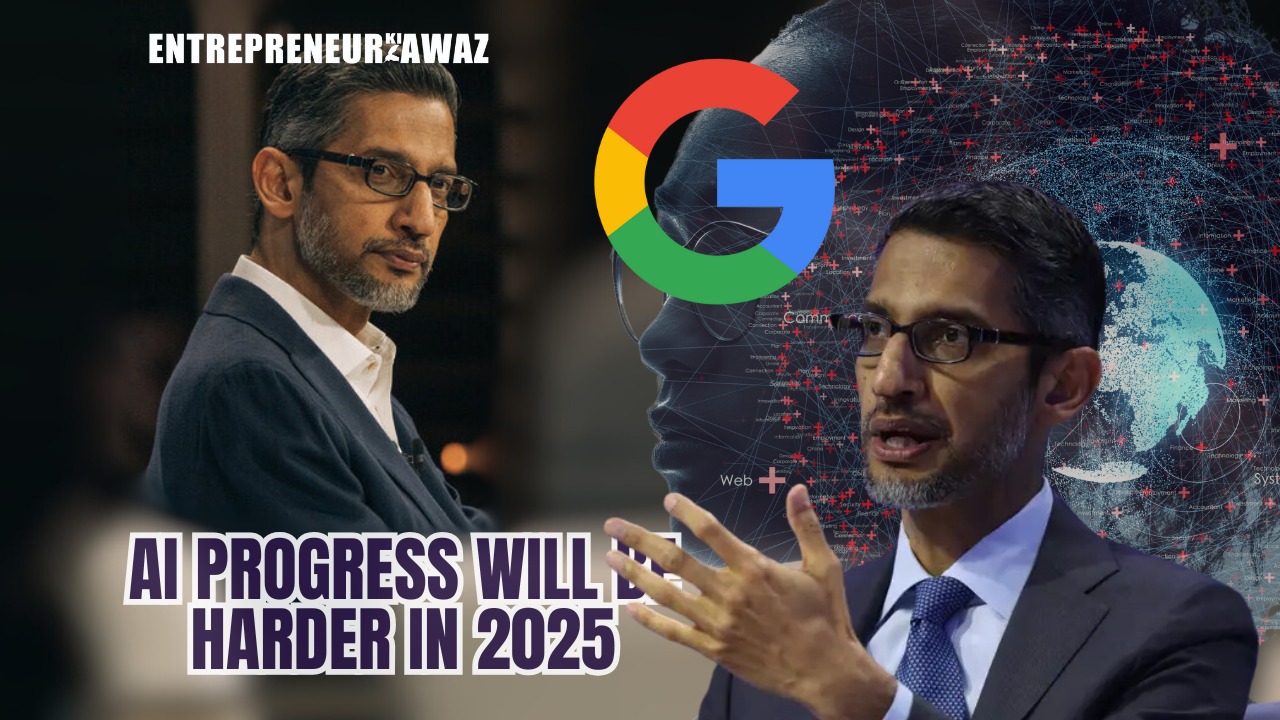Sundar Pichai, CEO of Google and Alphabet, acknowledged that while AI development may not have hit a “wall,” he expects progress to slow in the coming months.
During his appearance at The New York Times’ Dealbook summit on Wednesday, Pichai revealed that Google is preparing to launch its next-generation AI models. However, he predicted that AI advancements would become more challenging by 2025. “I believe progress will become more difficult in 2025 as the low-hanging fruit is gone,” he said. “The path ahead is steeper.”
The question of whether AI has reached a performance plateau is a subject of ongoing debate in the industry. Some leaders, like OpenAI CEO Sam Altman, challenge the notion that AI has stalled, while others point to challenges in feeding models with high-quality data. As a result, companies are exploring new strategies, such as enhancing AI models’ reasoning capabilities.
Ilya Sutskever, co-founder of Safe Superintelligence and former chief scientist at OpenAI, recently told Reuters that scaling pretraining models has reached a plateau, and the industry is now focused on discovering the next big breakthrough.
Pichai expressed confidence that AI progress would continue in 2025, despite the hurdles ahead. “When scaling up quickly, you can make significant progress by adding more compute, but at the next stage, deeper breakthroughs will be necessary,” he explained. “It may feel like hitting a wall, but it’s more about overcoming smaller challenges.”
In response to criticism from Microsoft CEO Satya Nadella, quoted by Andrew Ross Sorkin, who questioned why Google isn’t leading the AI space despite its early advantage, Pichai retorted, “I would welcome a side-by-side comparison of Microsoft’s models and ours, anytime.” He also pointed out, “They’re using someone else’s models,” referring to Microsoft’s use of OpenAI’s technology.

Leave a Reply